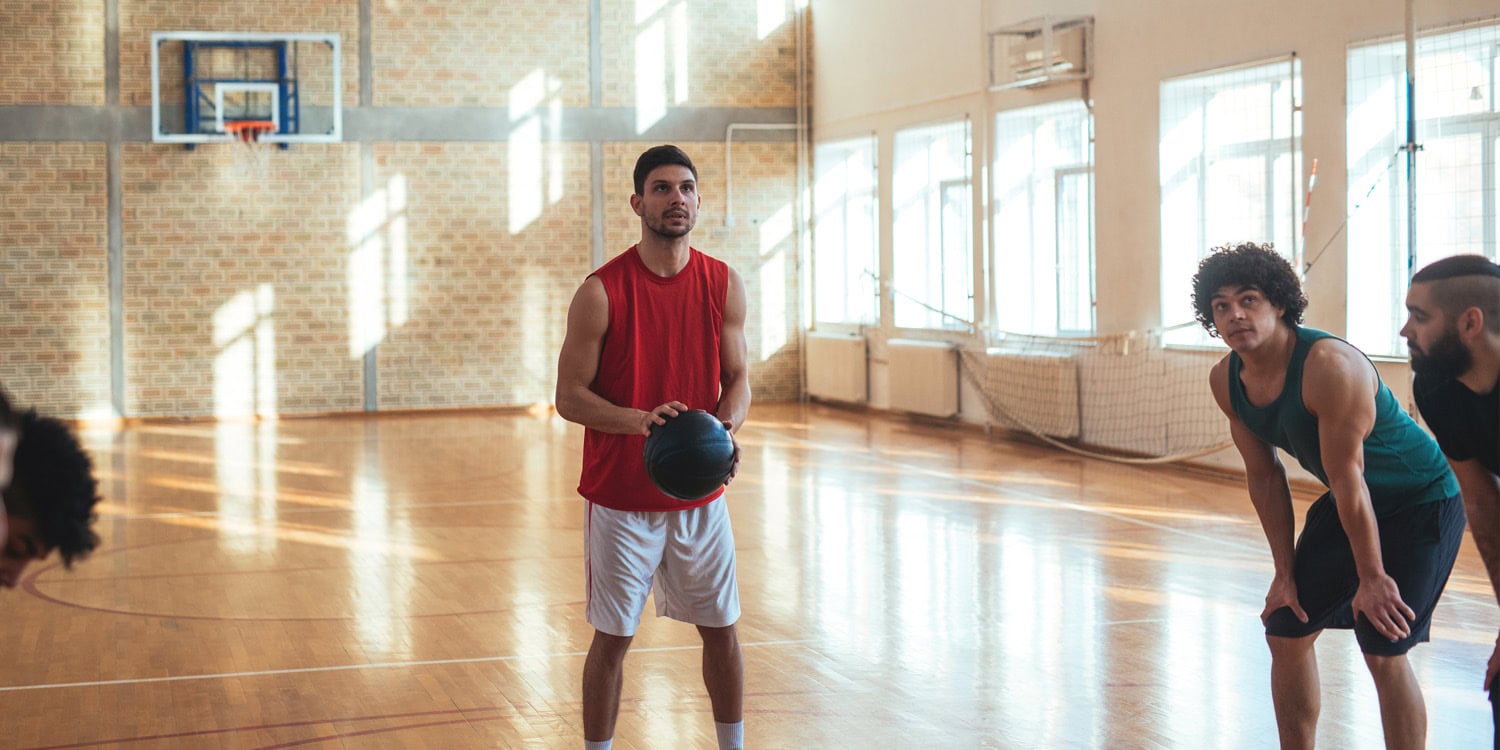According to a new study published in Frontiers in Psychology, there is no significant link between mental toughness and choking susceptibility in athletes.
The ability of athletes to perform under pressure is crucial in determining their success. Choking, or the failure to perform at an expected level despite the motivation and ability to do so, is a phenomenon that many athletes face. Choking susceptibility, as defined by Mesagno and colleagues (2008; 2009) is determined by a combination of self-consciousness, anxiety, and coping mechanisms. Mental toughness, another important factor in athletic performance, refers to an athlete’s ability to persevere and maintain high performance under stress.
In this work, Burgandy Thiessen and colleagues examined the relationship between choking susceptibility as per Mesagno et al.’s protocol, and mental toughness in athletes.
The researchers recruited 415 athletes (224 males; ages 18-20) across Canada and the United States. Participants competed in various sports, with the most common being basketball, soccer, and football. The choking susceptibility protocol consisted of three main measures: the 23-item Self-Consciousness Scale (SCS), the 21-item Sport Anxiety Scale (SAS), and the 16-item Coping Style Inventory for Athletes (CSIA).
The SCS measured private and public self-consciousness and social anxiety. The SAS assessed somatic anxiety, worry, and concentration disruption. The CSIA evaluated approach and avoidance coping strategies. Mental toughness was measured using the Mental Toughness Index, an 8-item unidimensional scale that assesses how athletes typically think, feel, and behave in sport contexts. Participants also provided demographic information.
Out of the total sample, 67 athletes (16%) were classified as choking susceptible, while 348 athletes (84%) were classified as non-susceptible. Further analysis showed no significant differences in choking susceptibility based on gender, years of experience, or competitive level. However, competitive athletes were more likely to be choking susceptible compared to recreational athletes. Mental toughness was not associated with self-consciousness but was negatively correlated with sport anxiety and differential coping scores.
Overall, these findings suggest that while mental toughness and choking susceptibility are related constructs, they do not significantly differentiate between athletes who are choking susceptible and those who are not.
The researchers noted that they did not ask participants details such as the hours spent practicing, or number of competitions they participated in, which could have implications for the results.
The study, “Mental toughness and choking susceptibility in athletes”, was authored by Burgandy Thiessen, Mishka Blacker, and Philip Sullivan.




